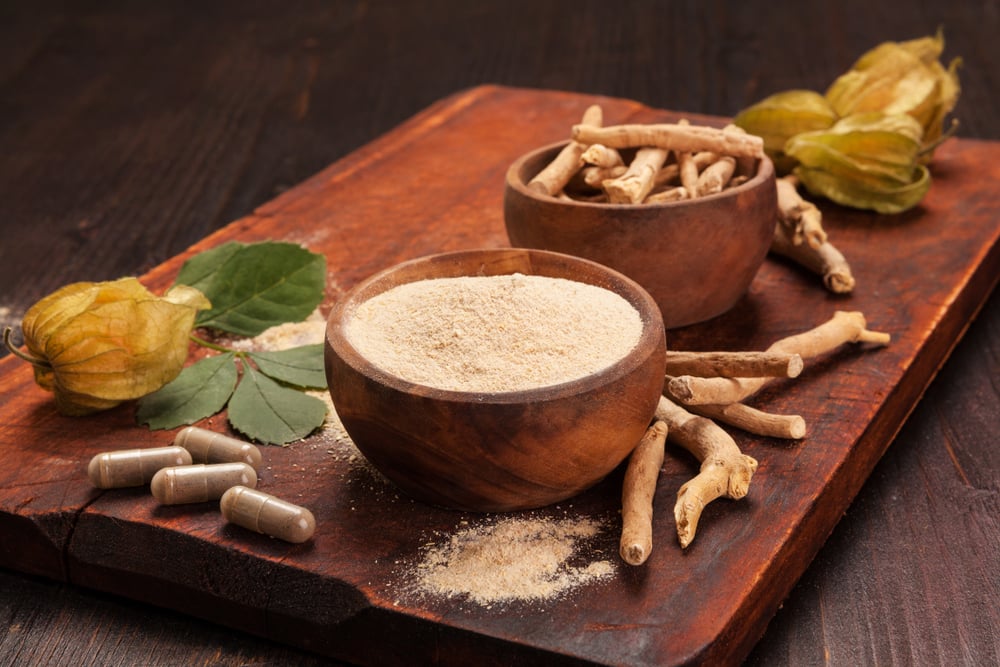Introduction
Pineapples are a tropical fruit that is native to Brazil. The pineapple is a member of the bromeliad family, which also includes the Spanish moss and the epiphytic bromeliads that grow on trees. The pineapple plant is an evergreen that grows to about 10 feet tall. The leaves are 2-3 feet long and have sharp spines on the edges. The fruit of the pineapple is about 5-6 inches long and has a tough, spiky shell. The flesh of the fruit is white or yellow and has a sweet, juicy flavor.
A Brief History of the Pineapple
The pineapple is a fruit that is native to tropical regions of the world. It is most commonly found in Central and South America, as well as the Caribbean. The pineapple has a long and storied history, and it has been a symbol of wealth and luxury for centuries.
The first recorded mention of the pineapple is from Christopher Columbus, who noted it in 1493 while on his voyage to the Caribbean. Several years later, Ferdinand Magellan brought the fruit back to Europe, and it quickly became a coveted commodity. In the 16th century, pineapples were so valuable that they were often used as a form of currency.
Today, the pineapple is widely available and is a popular ingredient in many foods. It is also a symbol of hospitality, and is often used as a decoration in homes and hotels.
The Health Benefits of Pineapple
Pineapple is a delicious and nutritious fruit that has many health benefits. It is a good source of vitamins C and B, as well as minerals like manganese and potassium. Pineapple also contains an enzyme called bromelain, which has anti-inflammatory properties.
There are many different ways to enjoy pineapple. You can eat it fresh, canned, or juiced. You can also add it to smoothies, salads, or other recipes. Eating pineapple can help boost your immune system, improve your digestion, and reduce inflammation. So next time you're looking for a healthy snack, reach for some pineapple!
For example, pineapple is a good source of Vitamin C, which is important for immune system function. Vitamin C is also a powerful antioxidant, which can help protect your cells from damage. Pineapple is also a good source of manganese, a mineral that helps with bone development and wound healing.
Pineapple also contains bromelain, an enzyme that has anti-inflammatory properties. Bromelain has been shown to help with a variety of conditions, such as arthritis, indigestion, and sinus infections.
Conclusion
Pineapples offer many health benefits due to their high content of vitamins, minerals, and antioxidants. They can boost immunity, improve digestion, and reduce inflammation. You can experience these benefits by taking whole food supplements that contain Pineapple.











